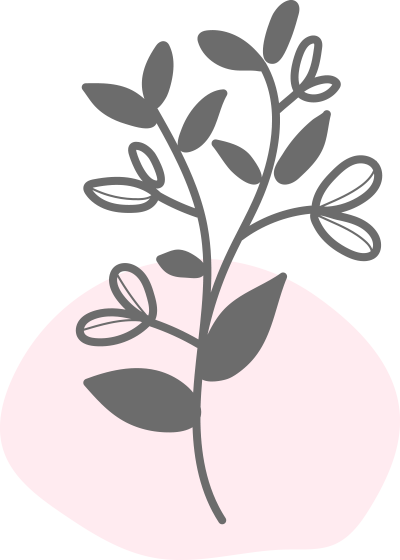
A loss of love, a feeling of disconnection, being left behind, not belonging, feeling left out, on the outside looking in…
It often involves break-up, betrayal, feelings of aloneness and of being different. Often people experience these feelings singularly, or one after another over a period of months or years, depending on events in their life.
Abandonment and it’s associated feelings have a personal and individual theme for us all. It is an extremely personal and individual experience. Sometimes it is lingering grief caused by old losses. Sometimes it is fear. Sometimes it can be an invisible barrier and reluctance holding us back from forming relationships or from reaching our true potential. It sometimes takes the form of self-sabotage and self-wounding. We can create patterns of abandonment where we self-sabotage ourselves and our relationships.
It also involves a biological process in brain science with biological and chemical processes that underpin our emotional reaction and response to loss.
Internalising rejection causes an affront to your personal worth from an abandonment, rather than an act of nature caused by death.
The crux of the difference between bereavement and abandonment grief has to do with the fact that someone you love has not died but instead has chosen to end your relationship.
When we are rejected by someone important to us, our whole sense of value as a person is thrown into question, internalising rejection. Being discarded and disrespected creates a narcissistic injury which is a slap in the face, an affront to our pride, to our most personal sense of self, a stinging wound that can leave a deep imprint. Sometimes even apparently insignificant losses such as being overlooked for a promotion or being rejected by a friend raise questions about our self-worth. When abandonment involves losing the most important person in our lives, the impact can be devastating.
One of the most common misconceptions that abandonment survivors face in the throes of their grief is that their feelings are unjustified, that grieving a death is somehow worse. Abandonment and death affect us in different ways, however it’s impossible to say that one is more painful than the other. The intensity and longevity of your grief is related to the nature of your relationship, the circumstances of the loss, and your emotional and constitutional makeup. By internalising rejection and seeing ourselves as totally the cause, we further harm our psyche and integrity.
What both types of grief do have in common is loss. The stages of abandonment grief do, in fact, overlap with Kubler Ross’s and Bowlby’s stages of grief. Regardless of whether your loss is caused by abandonment or death, losing a loved one disrupts your entire life. You may feel the loss in the middle of the night when you wake alone, or when your car breaks down and there’s no one to collect you from the repair place. Losing your partner is like losing a part of yourself. It is like a psychic amputation; you feel intense phantom pain for what is lost. Both abandonment survivors, widows and widowers alike, must grapple with the emotional and practical burdens of facing life alone.



Lack of Social Role and Recognition
Society, unfortunately, does not assign bereavement roles when someone is abandoned. There is no funeral. No letters of sympathy. Rather, you are seen as someone who has been dumped. Abandonment survivors are left to wonder if perhaps they caused their own problems, thereby adding to more internalising rejection. Maybe it was their fault the relationship ended, perhaps they shouldn’t feel such pain, perhaps it’s a sign of emotional weakness. These self-recriminations add another layer of shame, forcing us farther into emotional exile.